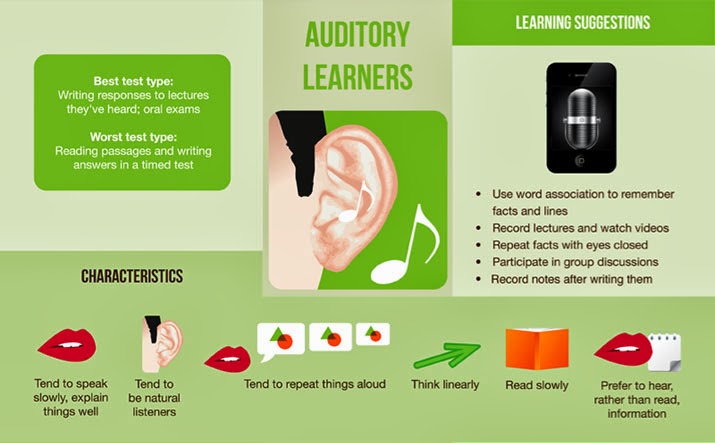

This notation helps them tune in to the music and follow along with what is happening. Visual learners love to have musical notation to follow along with. Visual learners may feel baffled by how auditory learners can simply pick out melodies and chords seemingly out of thin air, but visual learners have their own set of strong skills as well. Visual learners excel at memorizing visual patterns on the keyboard and often learn more quickly by reading musical notation and studying the concepts of piano music theory. Many auditory learners have an innate sense of musical expression and excel at excavating and conveying emotions from music since they often do not need to rely upon notated music. When an auditory learner tries to play one of these beginner piano arrangements with the original recording of a song, they will probably feel frustrated or confused why they spent all the time trying to read an arrangement when they could have simply learned the song by ear from the recording.ĭespite these challenges, the ability to learn music by ear is a phenomenal skill that should be used to its fullest potential. An auditory learner will have difficulty and potentially feel frustrated when trying to read these arrangements because they often do not sound exactly like the recording. Many beginner piano arrangements are simplified or transposed to easier keys. While these are certainly extremely useful skills to develop as a pianist, an auditory learner might not place as much emphasis on these concepts. Many beginning piano methods are more geared towards visual learners and are heavy on reading musical notation and symbols. Learning basic skills from a book might make an auditory learner feel that they are backtracking because they have probably already learned more difficult music by ear. Learning to read sheet music can be a challenge for auditory learners. While auditory learners may learn to play piano more quickly than visual learners, they run the risk of developing bad habits in their technique. Since they can naturally hear the music they want to learn, less thought might go into the fingering choices they make. However, sometimes auditory learners miss out on developing solid fundamental piano skills. Sometimes, they can be less interested in the names of notes and chords and how all the theory works they just simply know if the music they create matches the music they hear.Īuditory learners often find the most success when listening to other pianists perform or by learning from recordings or videos. Many auditory learners can figure out melodies and chords on the piano just by using their ears.


 0 kommentar(er)
0 kommentar(er)
